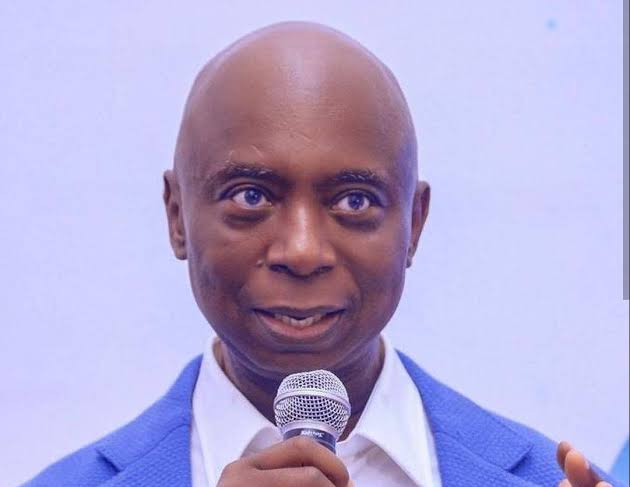Former US President Donald Trump has declared his intent to “buy and own” Gaza, suggesting that while the US would take control of the war-torn territory, reconstruction efforts could be outsourced to Middle Eastern nations.
His remarks, made aboard Air Force One en route to the Super Bowl in New Orleans, have drawn sharp condemnation from Palestinian leaders and international figures.
“I’m committed to buying and owning Gaza. As far as us rebuilding it, we may give it to other states in the Middle East to build sections of it, other people may do it, through our auspices. But we’re committed to owning it, taking it, and making sure that Hamas doesn’t move back,” Trump stated.
Trump did not specify under what legal authority the United States could claim ownership of Gaza, nor did he outline the fate of its Palestinian residents, many of whom have endured over a year of heavy Israeli bombardment following Hamas’ October 2023 attack on Israel. His comments follow previous suggestions that Palestinians could be permanently displaced and that Gaza could be transformed into the “Riviera of the Middle East.”
Hamas swiftly rejected Trump’s remarks. In a statement, Ezzat El Rashq, a senior member of the group’s political bureau, condemned the idea saying, “Gaza is not a property to be sold and bought. It is an integral part of our occupied Palestinian land.” He vowed that Palestinians would resist any attempts at displacement.
The backlash has extended beyond Palestinian leadership. Saudi Arabia has outright rejected Trump’s proposal, while Jordan’s King Abdullah reportedly plans to tell Trump during their February 11 meeting in Washington that the idea is “a recipe for radicalism” that could destabilise the region and threaten Jordan’s peace treaty with Israel.
Israeli President Isaac Herzog, speaking to Fox News, confirmed that Trump is set to meet with Egyptian President Abdel Fattah el-Sisi and possibly Saudi Crown Prince Mohammed bin Salman, though no official dates have been announced. Herzog stressed the importance of engaging with Arab leaders before making any decisions about Gaza’s future. “These are partners that must be listened to… We have to honor their feelings as well and see how we build a plan that is sustainable for the future,” he said.
The White House has not issued a formal response to Trump’s statements, and officials in Cairo and Riyadh have yet to comment.
Trump’s Gaza proposal has further strained international relations, with many leaders rejecting his vision as unrealistic and inflammatory. As he prepares for diplomatic meetings in the coming days, the global community is watching closely to see how his controversial plan unfolds—and whether it gains any traction among US allies in the Middle East.
Melissa Enoch
Follow us on:




 1 week ago
20
1 week ago
20








 English (US) ·
English (US) ·